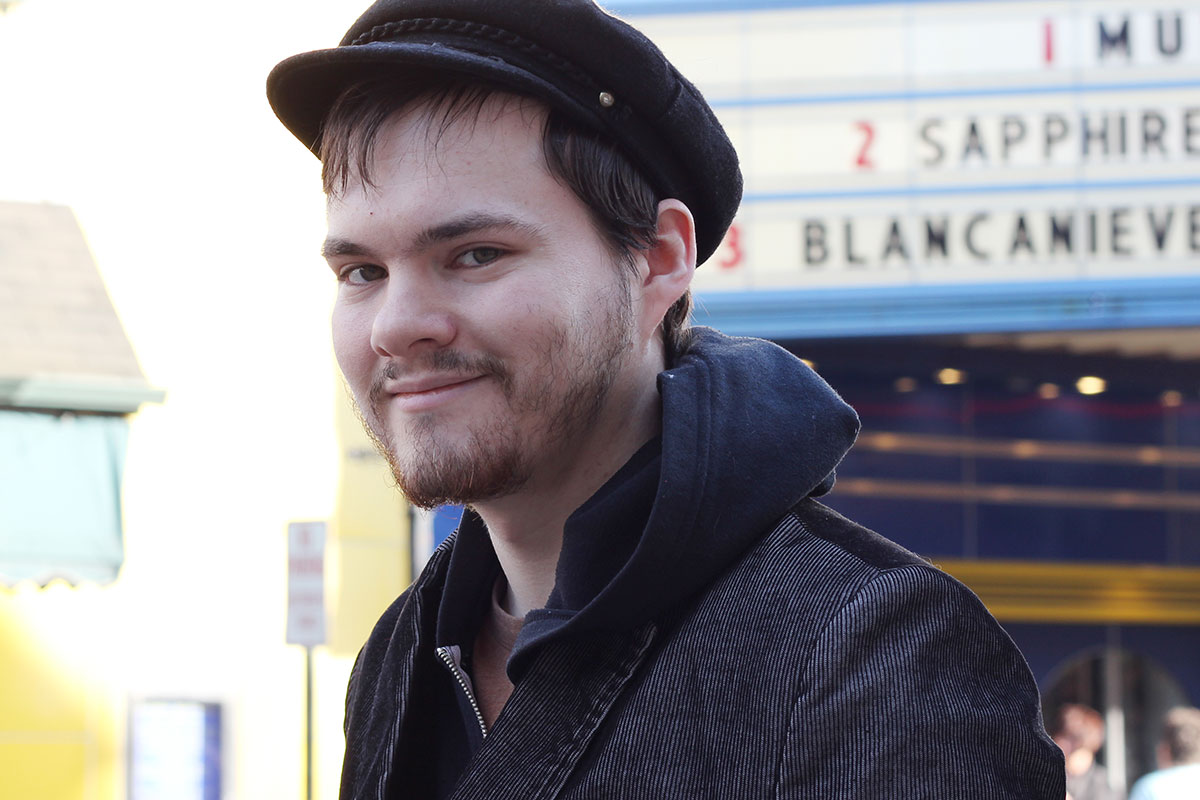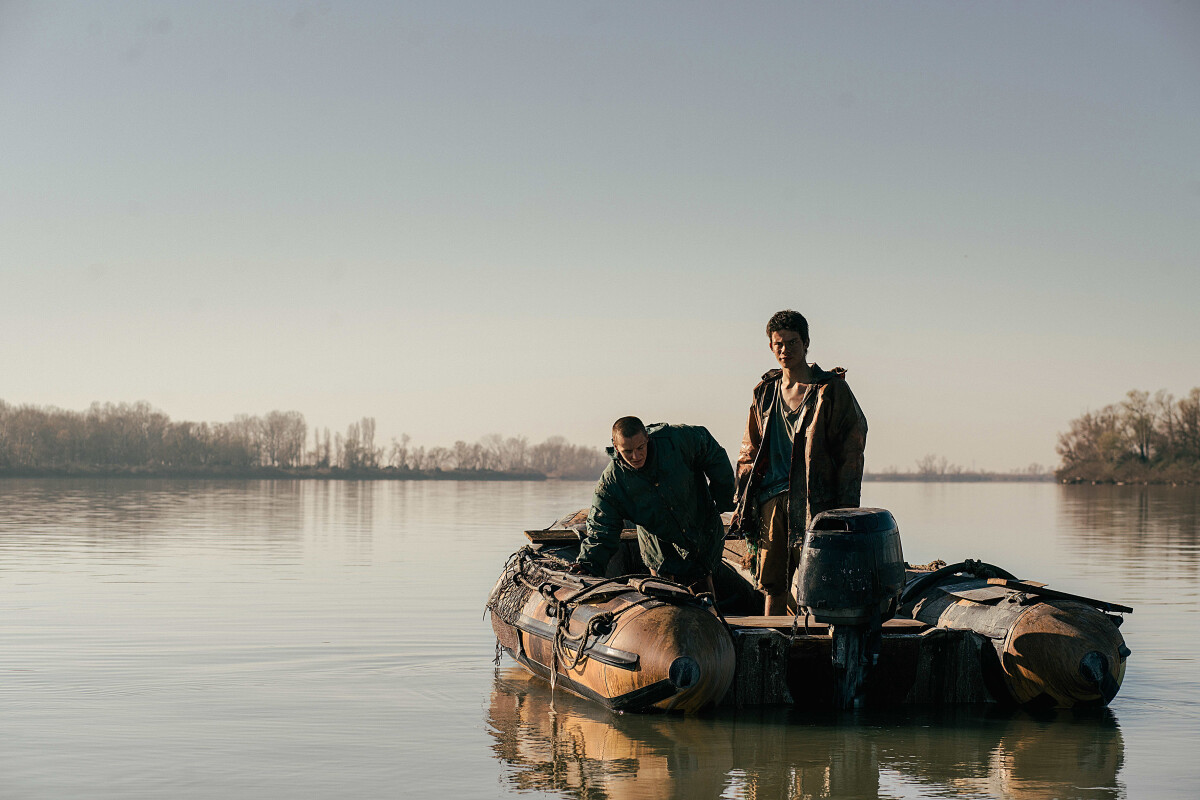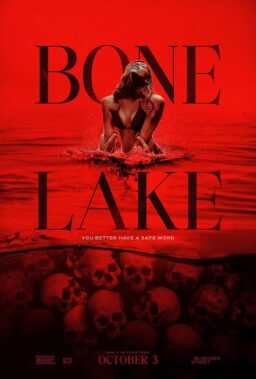I’ve never been to the Czech Republic. I know it from the rich and voluptuous cinema her people started producing in the ’60s, though obviously I was late to the game in a hundred ways. Jan Kříženecký started making documentaries about Prague about two years after the Lumière brothers and Georges Méliès first defined the split between realism and expressionism and the country’s had many names and a rich cinematic tradition ever since. The Czech new wave period in the late ’60s not only reintroduced a host of old school directors to the wider world (like František Vláčil, director of consensus Czech masterpiece “Marketa Lazarová” and Otakar Vávra, director of the haunting “Witchhammer,” perhaps THE defining post-Prague Spring movie) but also a new generation of geniuses. Miloš Forman, Věra Chytilová, Jiří Menzel, and Jan Němec took the world by storm but those who didn’t leave for greener pastures stayed part of regional cinematic history. Film scholarship remains patchy on the contributions of Czech filmmakers to the wider world. I’ve been beguiled not just by the grammatical innovations of Czech filmmakers, still being copied today, but also by the way the country appears though their art. A forbidding, beautiful place at the center of European history, eroded by the cruelty of time and the ruling classes; still unchanged in its exquisite landscapes and baroque architecture and streets. Or anyway … that’s the story the pictures tell.
I’m going to the Czech Republic this week to visit the Karlovy Vary International Film Festival, their 55th edition. I’m nervous, for a host of reasons. I haven’t flown this far since I was a teenager and I’ve become a much more nervous flier since then. Covid-19 still rages on, though the festival is taking every precaution—it feels nice to be in the hands of people who are serious about keeping everyone safe. But then … isn’t perhaps now the time to live boldly? To do things you wouldn’t ordinarily consider?
The film selection is mightily impressive, ranging from historic works by Němec, Edward Yang, and Michael Curtiz to exciting new films by the likes of Clio Barnard, Sergei Loznitsa, Radu Jude, and Anocha Suwichakornpong. I’ve already seen official selections like Tsai Ming-Liang’s gorgeous “Days,” an abstract erotic longeur from the living saint of slow cinema, and Jacqueline Lentzou’s “The End of Suffering,” her most percussive and brusque work to date, and those alone have me salivating to get my eyes on the rest of the slate.

There are plentiful awards being given this year, one, the President’s award, to Czech filmmaker Jan Svěrák, best known over here probably for “Kolya” and “Dark Blue World,” though he’s introducing his film “The Ride,” a previous award winner at KVIFF. Johnny Depp’s being honored, and Michael Caine will be presented with a Crystal Globe for Outstanding Artistic Contribution to World Cinema. There will be a book launch at the fest for a volume about Czech luminary Věra Chytilová, director of “Daisies” and “Wolf’s Hole,” and one of the most talented and anarchic of the New Wave figures.
The big news is that Ethan Hawke will be in town to receive a President’s award. “We are thrilled to welcome to Karlovy Vary an artist we’ve been admiring for a long time. In 2018, KVIFF paid tribute to the Austin Film Society and it is exciting to extend our appreciation of this renowned organisation’s work by honoring an actor and director who is so closely connected to the Texas independent film scene.”
That’s festival director Karel Och and executive director Krystof Mucha in a press release about the development. Hawke has a book and a graphic novel to promote, to say nothing of a new Abel Ferrara film (“Zeroes and Ones”), his work as John Brown in the incredible mini-series “The Good Lord Bird,” and the fact that wherever he goes prosperity and creative experimentation seems to follow. Hawke’s been lending his considerable gravitas and clout to independent productions since nearly the beginning of his illustrious career and he still seems incredibly game to take risks and help out filmmakers who need the extra push. I am sincerely looking forward to seeing him introduce Paul Schrader’s “First Reformed,” which is being screened in his honor.
I’m overwhelmed, honestly, by the sheer volume of things to do and see while I’m there. I feel deeply fortunate to be sent to cover this festival, between its picturesque setting and its incredible history, to say nothing of the deep bench of talent they’ve drawn in this year. Watch this space for updates from Karlovy Vary, and to witness someone experience for the first time a place he’s only been to in film. I think I’m ready.











